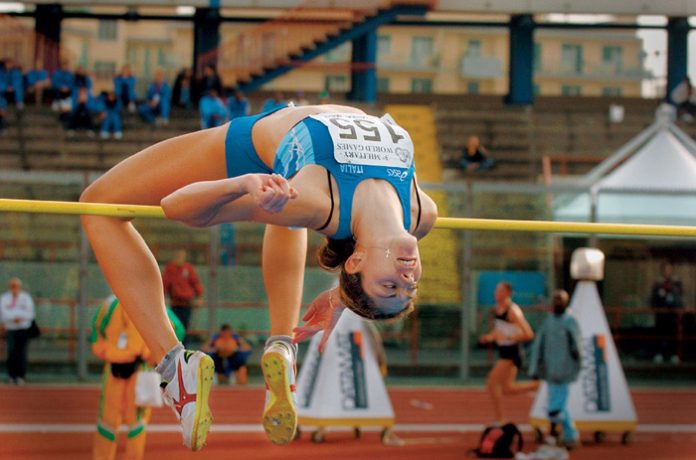Which Soccer Player Makes The Most Money?
The soccer player who makes the most money is currently Cristiano Ronaldo. Ronaldo is a Portuguese professional soccer player who currently plays for the Italian club Juventus and the Portuguese national team. He is widely considered one of the greatest soccer players of all time and has won numerous awards and accolades throughout his career.
Ronaldo began his professional career with Sporting Lisbon in Portugal before moving to Manchester United in 2003. During his time at Manchester United, Ronaldo won three Premier League titles and the UEFA Champions League, and he also won his first Ballon d’Or award, which is given to the best soccer player in the world. In 2009, Ronaldo made a big-money move to Real Madrid, where he played for nine seasons. During his time at Real Madrid, Ronaldo won four more Ballon d’Or awards and helped the club win numerous domestic and international titles, including four Champions League titles.
In 2018, Ronaldo made a shock move to Juventus, where he continues to play today. Despite being 36 years old, Ronaldo has shown no signs of slowing down and has continued to score goals at a prolific rate for both club and country.
In addition to his soccer career, Ronaldo is also a successful businessman and has endorsement deals with several major brands, including Nike, Armani, and Herbalife. These deals, along with his salary and bonuses, have helped Ronaldo accumulate a net worth of over $450 million, making him one of the richest athletes in the world.
While Ronaldo is currently the highest-paid soccer player in the world, In 2023 Ronaldo was assigned by Al Nassr Football Club. Several other players also earn significant salaries and endorsement deals. Some of the other top-earning soccer players include Lionel Messi, Neymar Jr., and Kylian Mbappé.
Lionel Messi is an Argentine professional soccer player who currently plays for Barcelona and the Argentine national team. Like Ronaldo, Messi is widely considered one of the greatest soccer players of all time and has won numerous awards and accolades throughout his career. Messi has spent his entire career at Barcelona, where he has won ten La Liga titles and four Champions League titles. He has also won a record six Ballon d’Or awards.
Neymar Jr. is a Brazilian professional soccer player who currently plays for Paris Saint-Germain and the Brazilian national team. Neymar is known for his dribbling skills and pace and has won numerous domestic and international titles throughout his career. In 2017, Neymar made a record-breaking move to Paris Saint-Germain, where he is currently the highest-paid player in the world.
Kylian Mbappé is a French professional soccer player who currently plays for Paris Saint-Germain and the French national team. Mbappé is known for his speed and goalscoring ability and has won numerous domestic and international titles throughout his career. At just 22 years old, Mbappé is considered one of the brightest young talents in soccer and is already one of the highest-paid players in the world.
In addition to Ronaldo, Messi, Neymar Jr., and Mbappé, several other soccer players are known for their high salaries and endorsement deals. These players include Mohamed Salah, Kevin De Bruyne, and Paul Pogba.
Mohamed Salah is an Egyptian professional soccer player who currently plays for Liverpool and the Egyptian national team. Salah is known for his goalscoring ability and has won numerous domestic and international titles throughout his career. He has also won several individual awards, including the Premier League Golden Boot and the PFA Players’ Player of the Year award.
Kevin De Bruyne is a Belgian professional soccer player who currently plays for Manchester City and the Belgian national team. De Bruyne is known.
Thanks for reading Please comment and share


















